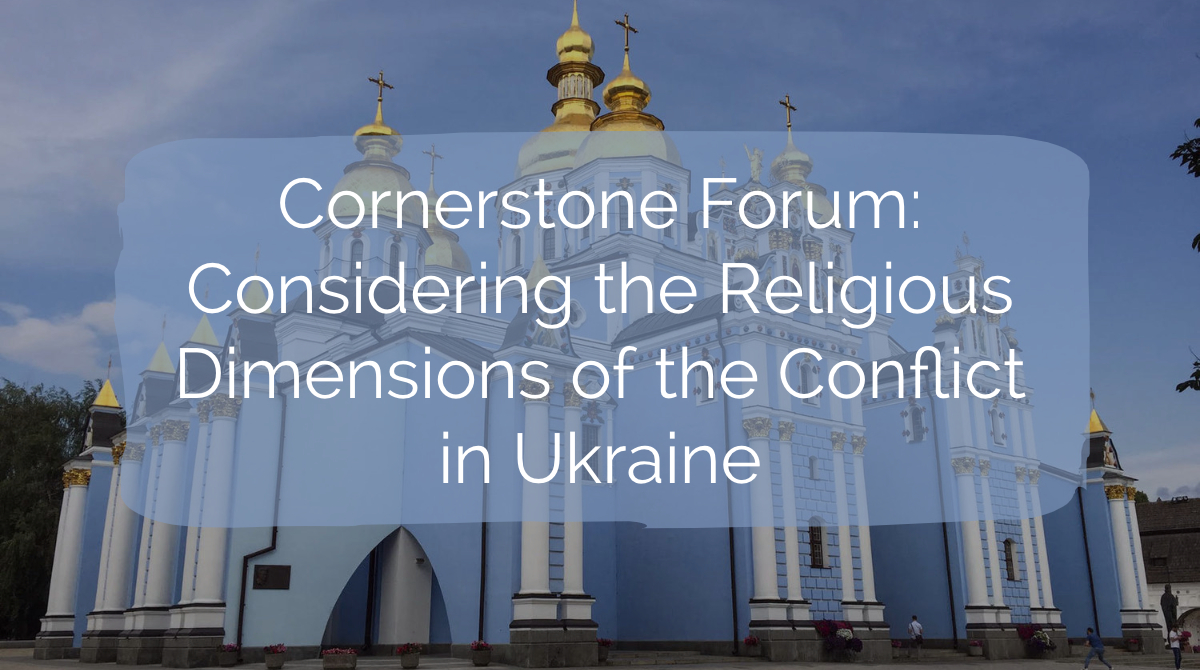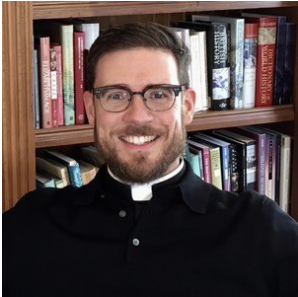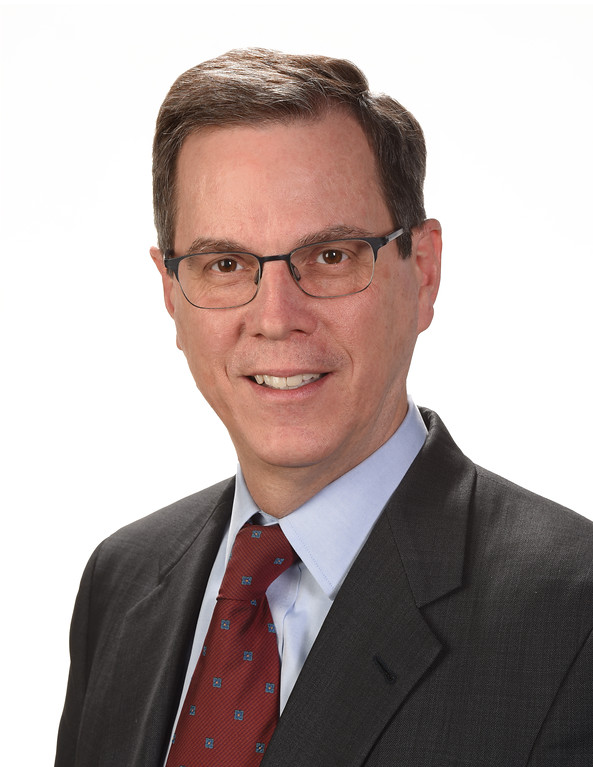As conflict between Russia and Ukraine persists, the Russian government is increasingly seeking to use the Russian Orthodox Church to assert its influence in Ukraine. The Kremlin and the Moscow Patriarchate are now meeting heightened resistance from many Ukrainian religious communities and particularly from the Ukrainian Orthodox Church-Kyiv Patriarchate which, together with the Ukrainian Autocephalous Orthodox Church, was declared in October to be canonical orthodox churches by the Ecumenical Patriarch of Constantinople. This development paves the way for the issuing of a tomos of autocephaly that will establish a united, national orthodox church in Ukraine.
St. Michael’s Golden-Domed Monastery, Kyiv, Ukraine. (Photo courtesy of Charles North)
These moves have met with significant opprobrium from the Moscow Patriarchate. As extensively discussed at a joint RFI-USIP event, these developments increase the importance of the religious dimension to the simmering war between Russia and Ukraine that has both local and geo-political significance.
Religious faith and religious communities played an important role in Ukraine’s Maidan revolution of 2013-14. As then, the present situation involves other religious groups in Ukraine including Crimean Muslim Tatars, the Ukrainian Greek-Catholic Church, and Jewish communities. How the religious freedom of these communities would fare in a schism between Moscow and Kyiv remains an open and vital question.
Contributors to this Cornerstone Forum series were asked to consider both the historical significance of recent developments in Ukraine, but also the practical implications for religious communities of the latest developments. What is the role religious communities can play in seeking to bring an end to the conflict and secure fundamental rights and freedoms, including religious freedom within a healthy denominationalism? What steps should policy makers take to promote peace and advance fundamental rights and freedoms for all in Ukraine.
THE RFI BLOG
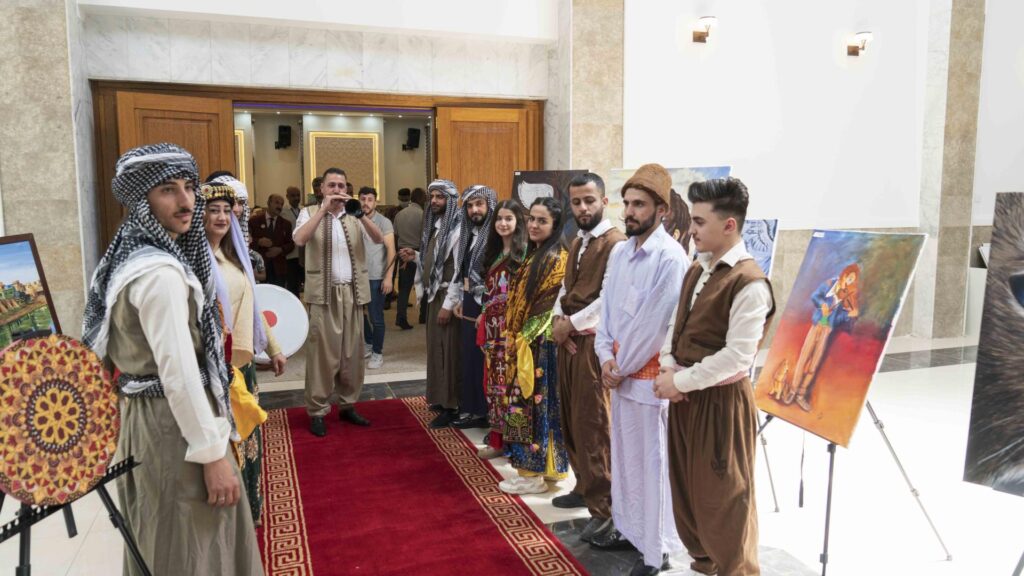
Addressing the Precarious Religious Freedom in Iraq
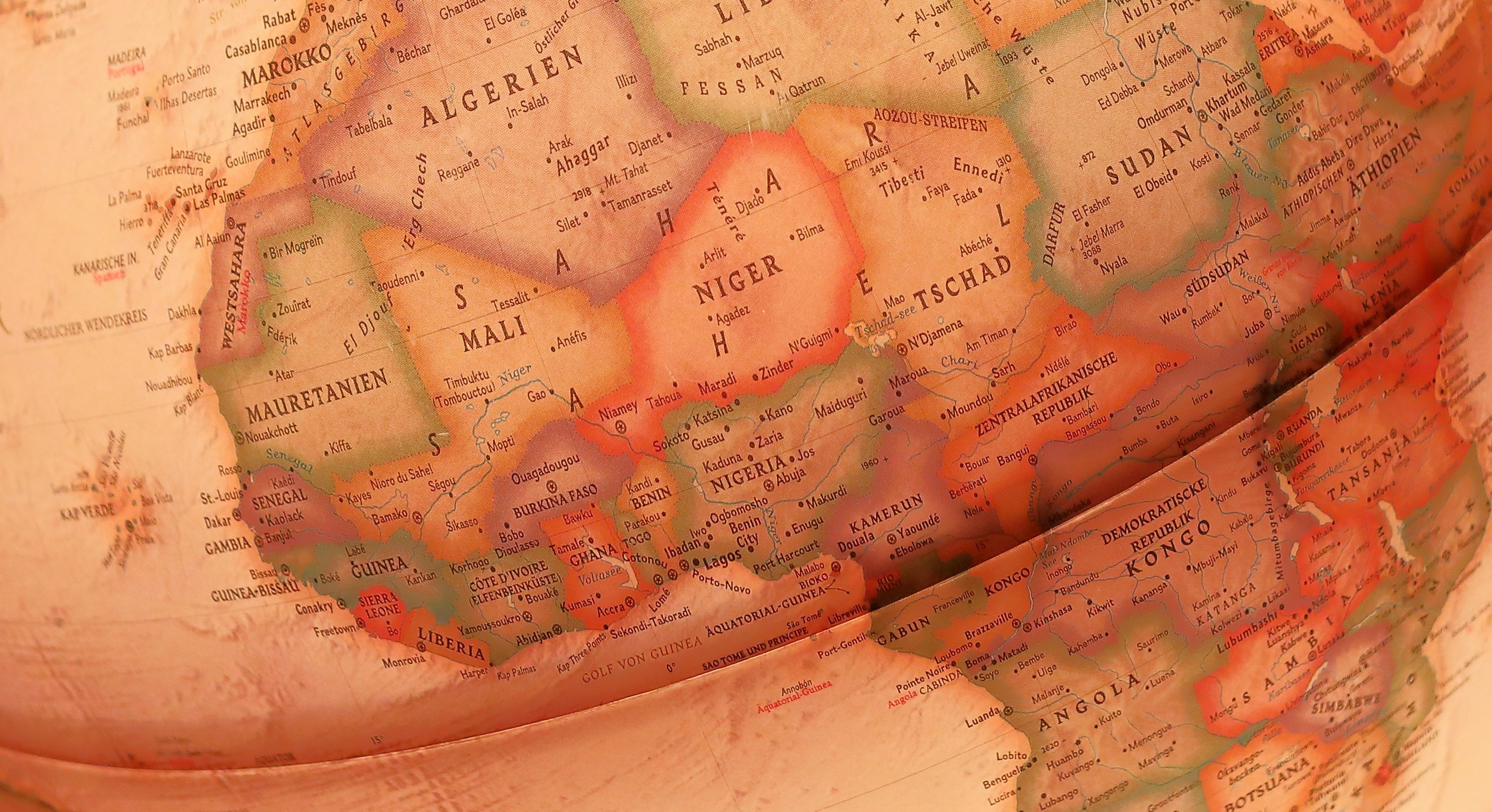
U.S. Must Redesignate Nigeria as a CPC Immediately
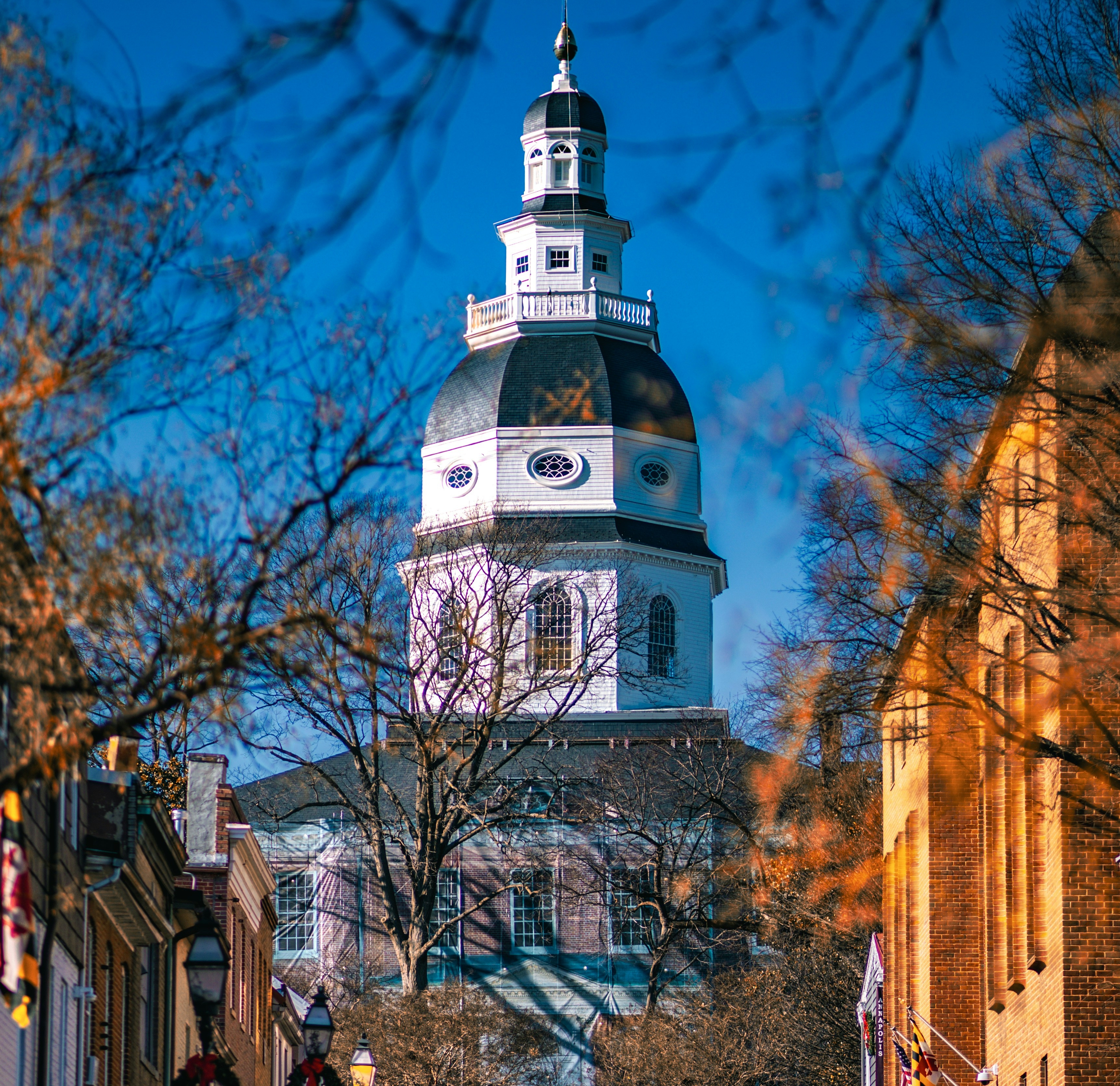
RFI Urges MD Lawmakers to Protect Children, Parents, and Health Care Providers
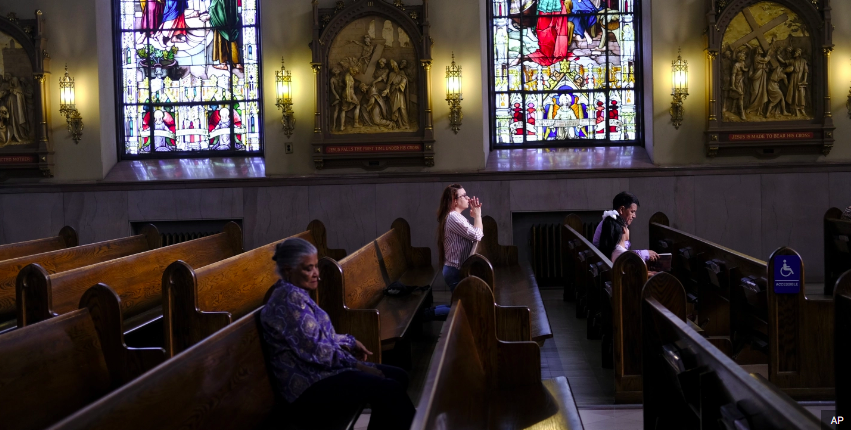
The Intersection of Religious Freedom and Immigration Enforcement
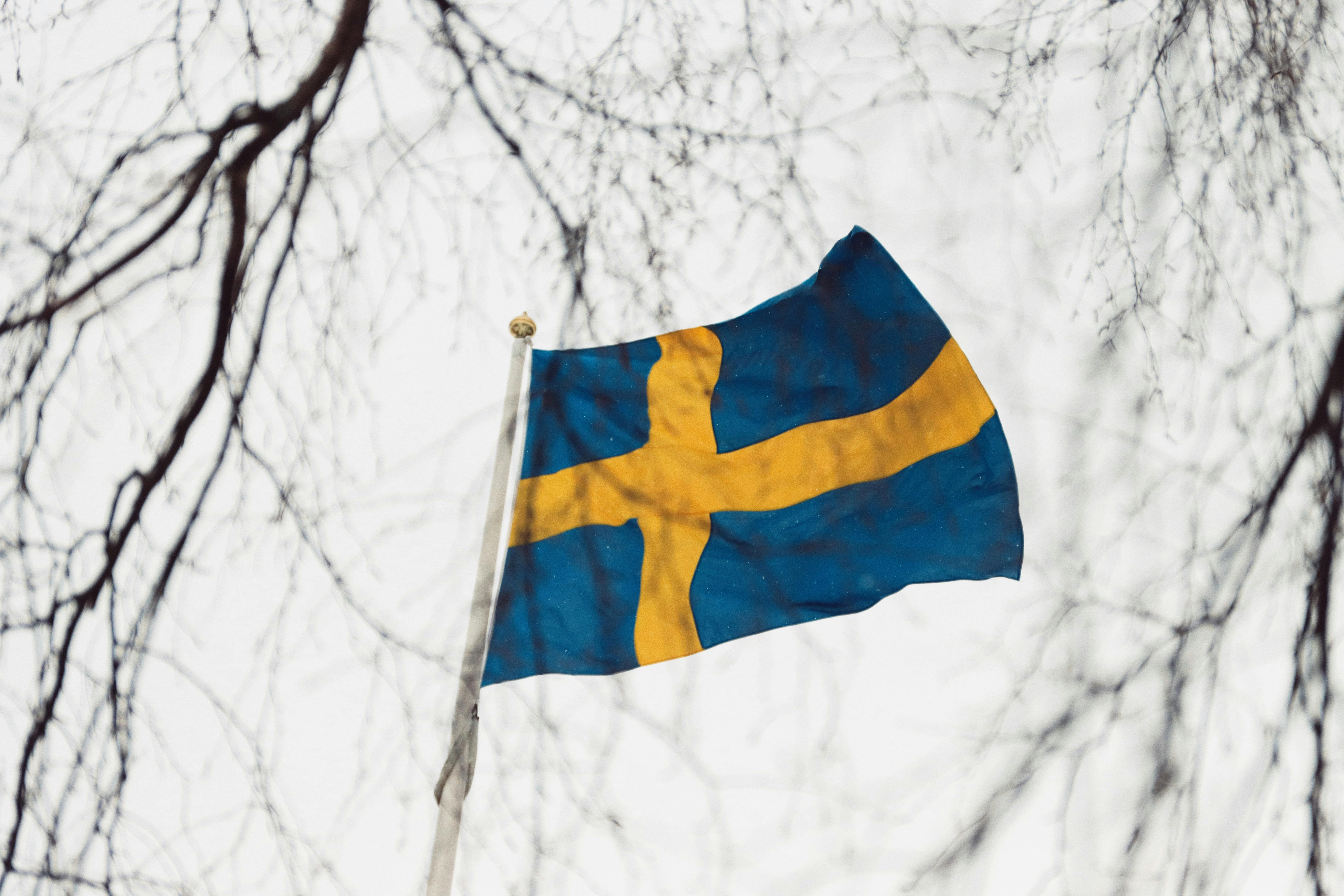
Following Quran Burnings, Will Sweden Stumble Into Anti-Blasphemy Laws?
CORNERSTONE FORUM

Reaffirming Religious Freedom: Bridging U.S. Advocacy and Iraq’s Constitutional Framework

Political Polarization, Same-Sex Marriage and Religious Liberty

Bridging the Gap Between International Efforts and Local Realities: Advancing Religious Freedom in the MENA Region

Challenges to Religious Freedom in Iraq and the Critical Need for Action


